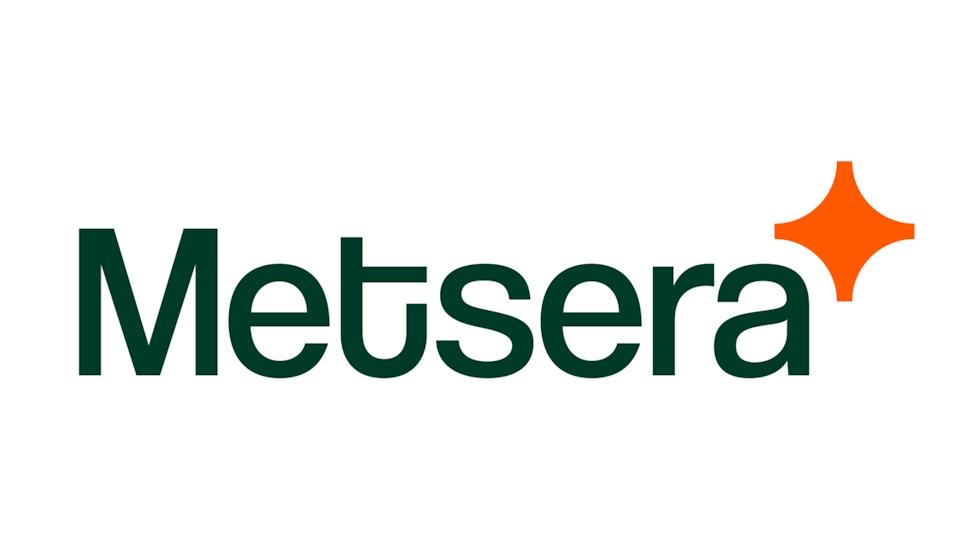Long-term studies show sustained effect of MS drugs

New data from Biogen and Sanofi show that their drugs for relapsing-remitting multiple sclerosis (MS) can provide long-term benefits to patients with the autoimmune disease.
Biogen has reported a new analysis of data from its phase III trials programme for oral MS therapy Tecfidera (dimethyl fumarate) which revealed that it significantly reduced MS relapses and delayed disability progression in newly-diagnosed and early-stage MS patients over two years.
The latest analysis reveals that these beneficial effects were sustained over six years of follow-up, according to Biogen. The company also unveiled data showing that Tecfidera was more likely to keep patients free of inflammatory disease activity than Teva's injectable MS treatment Copaxone (glatiramer acetate) over two years.
Meanwhile, Sanofi has presented results of a long-term trial of its Lemtrada (alemtuzumab) product in patients with relapsing-remitting MS, which revealed that among patients treated with the drug in phase III trials – dosed at enrolment and after 12 months – the benefits seemed to extend for up to five years.
That was the case even though no additional doses of Lemtrada were given after the study closed in two thirds of trial participants, according to the company.
The new trials were reported at this week's European Committee for Treatment and Research in Multiple Sclerosis (ECTRIMS) congress in Barcelona, Spain.
With around a dozen therapies already available to treat relapsing-remitting multiple sclerosis (MS), and several more in the pipeline, clinicians are facing increasingly complex treatment decisions. Having data on the long-term efficacy of drugs can have an important role in the selection of therapies for MS.
In turn, that could have a bearing on how well their developers can compete in the market for MS therapies, estimated at $17 billion in 2014 in the 10 major markets of the US, France, Germany, Italy, Spain, the UK, Japan, Canada, China and India, according to new research from GlobalData.
ECTRIMS' president, Prof Xavier Montalban, said at the start of the conference that the biggest unmet need in MS therapy is a lack of personalised therapies, in which biomarkers are used to identify which patients will respond best to the various drugs available.
"The number of treatments available for MS with different mechanisms of action is quite impressive," he said, noting that this "generates questions as to the positioning of each substance" but "might also facilitate a truly individualised therapy approach."
New data at the congress will demonstrate that by applying RNA, microRNA and DNA sequencing approaches, candidates can be identified which may have the potential to become disease activity biomarkers in MS patients, he added.
More than 500,000 people in Europe suffer from MS, and the overall cost of the disease for European health and social budgets is estimated to be over €15 billion a year.
Related article











